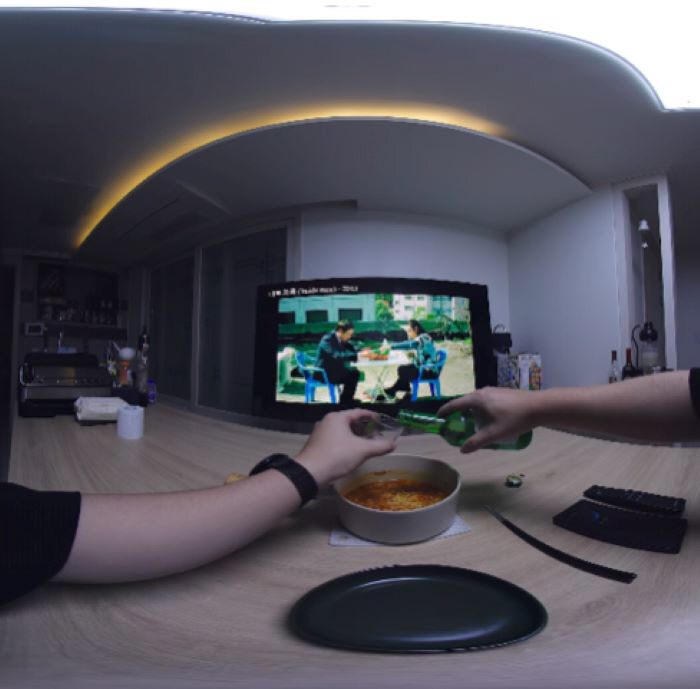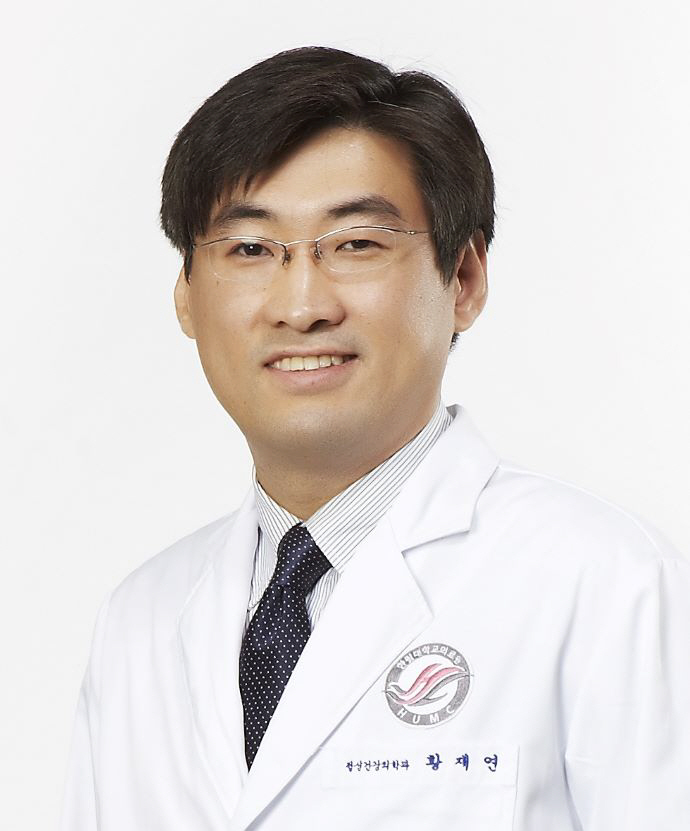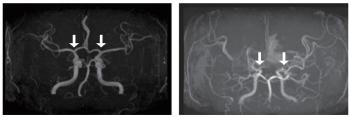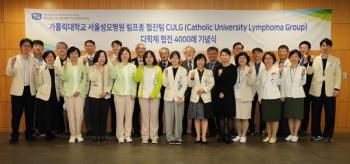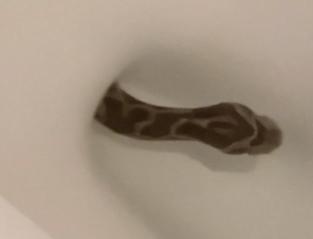A new way to treat alcoholism has been opened...Development of real-time prediction and treatment technology for drinking cravings with bio-signals
Nov 06, 2025
|
This study is of great significance in that it detects 'cravings', the core of alcoholism treatment, in real time as a bio-signal and proves that cravings can be immediately reduced through cognitive intervention.
The research team showed virtual reality (VR) images that cause alcoholism participants to want to drink and measured various biometric signals such as brain waves and electrocardiogram. As a result, patterns suggesting negative emotional states such as tension, anxiety, and arousal appeared on brain waves when cravings increased, and increased heart rate and decreased heart rate variability were also confirmed. The research team was able to predict participants' cravings with up to 92.8% accuracy with only these bio-signals.
In addition, the research team also verified a treatment that suppresses cravings in real time when they increase. It was confirmed that cravings decreased and bio-signals stabilized when performing memory concreteness training, which consciously recalls one's specific personal experiences when feeling a drinking impulse. The research team asked participants to perform memory concreteness training by recording drinking patterns and stress through a smartphone app for four to eight weeks, but the number of times they drank alcohol was reduced only by using the app. In addition, it also proved that 'behavioral activation training', which increases physical activity such as walking, effectively reduces drinking cravings.
The joint study was conducted with the support of the STEAM research project of the Korea Research Foundation, and the results of the study were certified by the Korea Accreditation Organization (KOLAS) International Accreditation Testing Agency.
Professor Hwang Jae-yeon, the head of the study, said "This study is the first to suggest the possibility of predicting and mediating drinking cravings in real time based on bio-signals."In the future, we plan to develop a personalized digital treatment device that can detect cravings signals from alcoholics and intervene immediately through smartphones and smartwatches."
Meanwhile, this study was conducted by ▲ Kim Sung-eun, a professor of artificial intelligence application at Seoul National University of Science and Technology ▲ Kim Ah-young, a senior researcher at the Korea Electronics and Telecommunications Research Institute ▲ Shin Hyun-chul, a professor of electronic information engineering at Soongsil University ▲ Choi Ki-hong, a professor of psychology at Korea University ▲ Choi Young-seok, a professor of electronic communication engineering at Kwangwoon University ▲ Ventax (CEO Jeon Woo-yeol), a VR video production company, as a co-researcher.
|
This article was translated by Naver AI translator.
